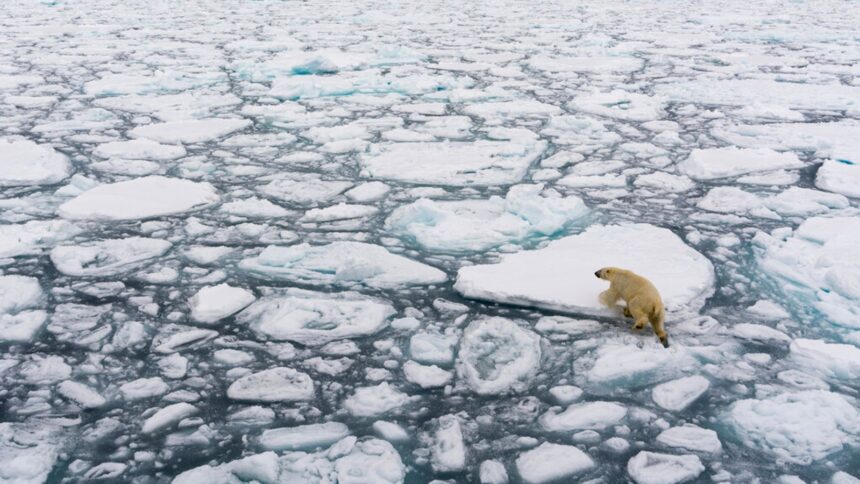According to the study, while increasing melting brought on by climate change may make these occurrences even more dramatic, there may be a way to predict heatwaves up to a year in advance because of this association.
“We will be able to more precisely estimate the year of the warm and dry summer in northern Europe in the winter before it occurs,” said the research’s principal investigator, Dr. Marliena Oltmanns of the National Oceanography Centre in Southampton.
By enabling farmers, hospitals, or electricity suppliers to plan ahead for heatwaves that are already growing more extreme due to rising world average temperatures, such forecasting abilities could be very important.
Although the exact nature of the connection between the excessive summer melting in the Arctic and subarctic caused by climate change and weather extremes in northern Europe has long been suspected, it has proven difficult to establish.







